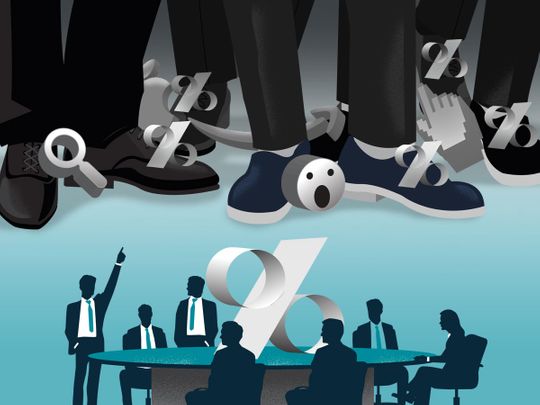
Dubai: With central banks worldwide hiking interest rates on Wednesday and economists pointing towards more interest rate hikes in the coming months, the reasoning as to how it directly impacts you often seems far fetched.
Here's a simple explanation of what rate hikes means for your everyday or routine finances, when it comes to either borrowing money from your banks or how it affects money sitting idle in your accounts.
A hike in US interest rates was reflected in UAE’s lending rates as the Central Bank of UAE (CBUAE) generally adjusts the interest rates in tandem with the US moves to avoid currency market volatility and speculation against the UAE dirham given its peg to the US dollar.
Twelve major central banks raised interest rates last year and initiated the same practice this year to contain inflation. The US central bank indicated plans to raise rates several times this year, likely increasing rates a total of five times in 2022 to reach its target this year, with others to follow suit.
How will this affect loan interest rates?
Since March 2020, when the last rate cut was announced in the UAE, the 3-month EIBOR has gone down 76 per cent – from approximately 1.7 per cent to 0.4 per cent by the end of 2021. However, it has bounced back to 1.7 since then.
(EIBOR is an abbreviation of the ‘Emirates Interbank Offered Rate’ (EIBOR), is a daily reference rate, published by the Central Bank of the UAE, based on the averaged interest rates at which UAE banks offer to lend funds to other banks in the money market.)
From a borrower’s perspective, the 3-month EIBOR forms the basis of most lending rates in the UAE – personal loans, car loans and most importantly, home loans. The 3-month EIBOR stands for the interest rate at which a panel of selected banks borrow funds from one another with a maturity of three months.
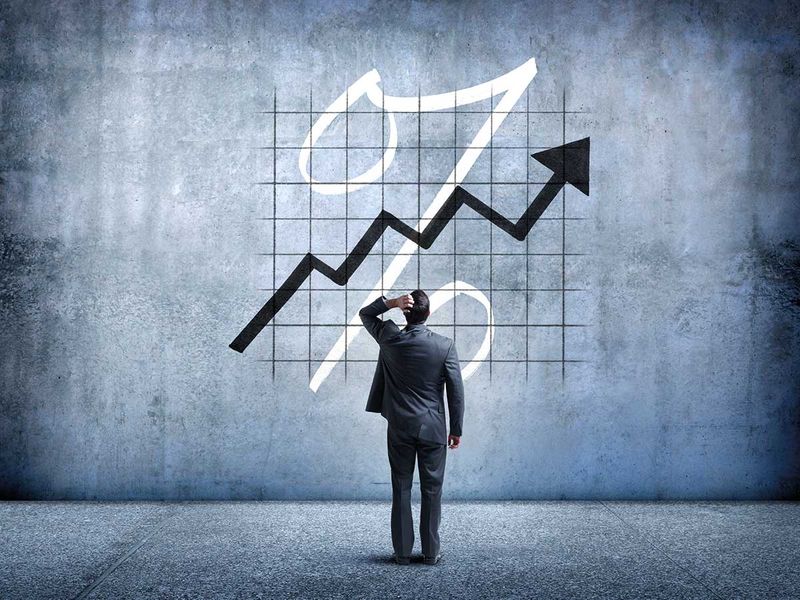
What does a rate cut mean for borrowers?
With interest rates hiked, the most significant impact would be on mortgages. Lower rates had made home finance more affordable for potential homeowners, easing the interest burden on existing borrowers. However, with rates rising, loans would naturally get more expensive.
“For existing borrowers, converting from a variable-rate interest structure on to a fixed rate one would make obvious sense,” noted Ebin Wilson, a Dubai-based banking analyst. “It would allow them to cut mortgage costs in a rising interest rate environment.”
Additionally, a higher interest rate scenario would make mortgage refinance unpopular at this time. Refinancing your existing home loan means replacing your current loan with a new one, but in the event of higher interest rates, a refinancing would only raise related costs.
What does a rate rise mean for savers?
While higher rates brought respite for borrowers, they also translated into higher returns for savers. Savings and deposit accounts is expected to offer better returns compared to the last two years in the UAE, Dubai-based banking analysts evaluate. But the extent won’t be as much as rates have been raised.
Those who have savings also stand to gain from rising interest rates. However, most savings rates still propose rates considerably lower than the inflation rate.
“It’s not as closely tied as people think,” added Wilson — meaning you’re not likely to see an immediate increase in interest on your savings to the extent to which it is hiked by central banks. “But in general, rates on deposit accounts like savings accounts, money market accounts, are expected to increase.”
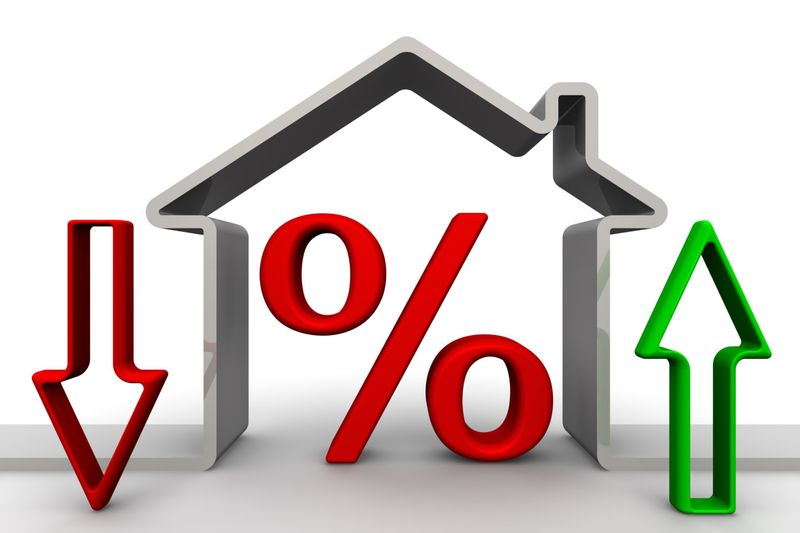
With the higher savings return benefits of a money market account, there may be certain restrictions, with the account requiring a higher minimum balance than traditional savings accounts.
Banks can pay whatever yield they want on a savings account. If a bank wanted to start paying 5 per cent, it could. There's nothing stopping it, except the desire to turn a profit.
Banks set yields on deposits based on the rate they can get for lending money. The difference between what a bank receives on mortgages and auto loans and other credit, and what the bank pays out in yields to depositors, represents one of the bank's revenue streams.
How can I benefit from rising interest rates?
While rising interest rates means it costs more for you to borrow, it also can work in your favour. Here are a few examples of how the upcoming rate hikes can benefit you financially.
• Deposit more into savings
Savings accounts and fixed deposits have been at low interest rates in the past few years. A hike in interest rates can evidently give you a slight boost in your savings power.
As interest rates increase, financial planners opine how now is a great time to start stashing extra money away into savings accounts and deposits.
While putting extra money into savings might not result in as much interest earned from other saving avenues, such as retirement accounts or other investments, you can use the higher interest rates as an incentive to boost your savings or emergency fund contributions.
“Regardless of rates, it’s a good idea to continue investing for long-term goals like retirement in a diversified investment portfolio,” said UAE-based financial planner Mohammad Shaan, while recommending that if you have cash on hand and a secure emergency fund, set up automatic contributions to a reliable brokerage account.
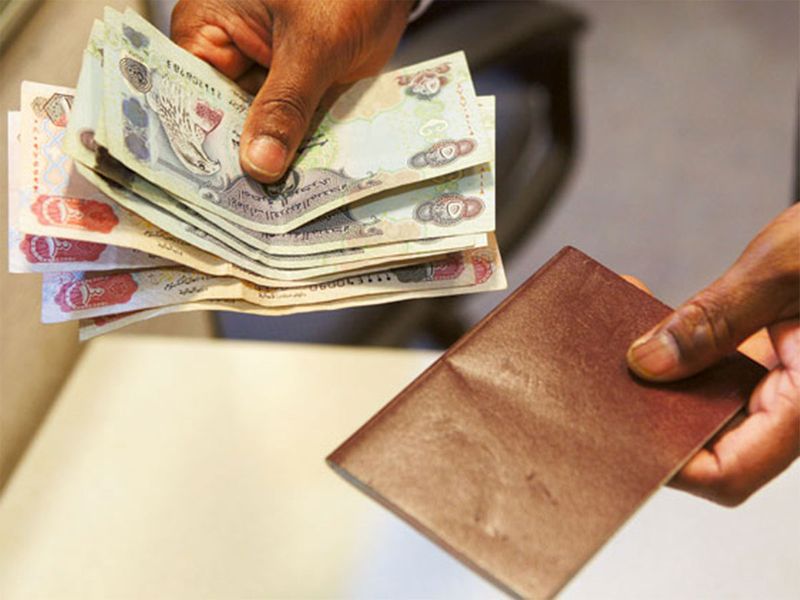
• Take advantage of still low interest rates
During the financial crisis of 2007, the credit bubble burst, causing lending to come to a near halt. The central banks worldwide drove down interest rates to the floor.
Higher interest rates today may make it more expensive for borrowers than over the past several years, but rates are still near recent lows.
While it's important to use caution when borrowing money, now might be the time to strike if you've been on the fence about making a big purchase, such as buying a home.
• Get more value for your money
Traveling abroad can be expensive enough in its own right. But as interest rates rise, it could very likely strengthen the US dollar, and other currencies that are pegged to it, like the UAE dirham.
A stronger currency means you can travel abroad and get a better exchange rate than usual. Thanks to exchange rates working in your favour, you can splurge a little bit more (or save more) than you had maybe originally budgeted for.
• Pay off consumer debt
The interest rates on your debt will rise if the central banks continue to increase rates. This means you will be required to pay even more interest on your debt, owing more money overall.
You can lessen the blow by prioritising your debt repayment now. The sooner you pay off debt at a lower interest rate, the more money you will save. Use the threat of increasing rates to get your debt paid off as soon as possible.
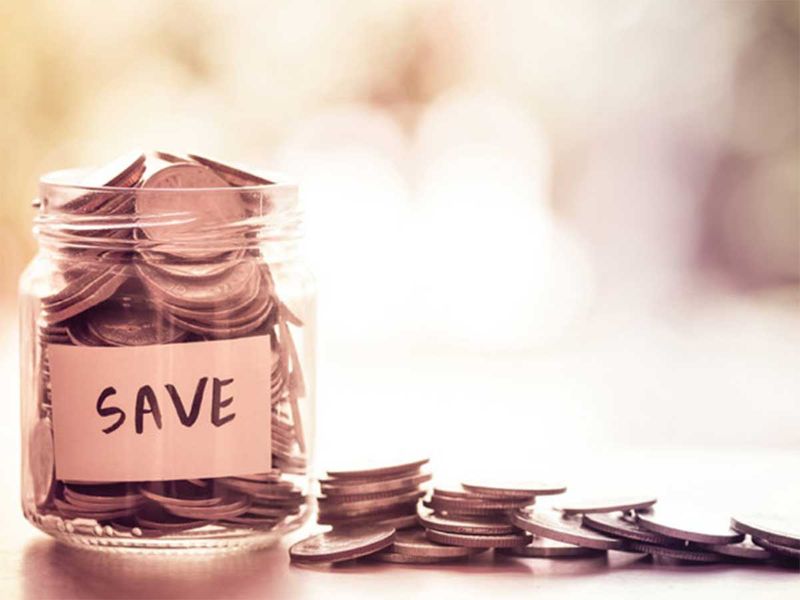
Verdict: Will consumers need to pay more, or can they save more when rates are hiked?
The interest rate hike automatically gets reflected in equated monthly instalments (EMIs) on home, vehicle, and other personal and corporate loans.
This implies higher EMIs, as higher rates will make it more expensive to buy a home or car or carry a credit card balance.
“For borrowers, that means the cost of buying a home or carrying a balance on a credit card will soon get even more expensive. But there’s a silver lining for savers: higher federal interest rates can lead to more interest earned on your savings balance,” Shaan further explained.
Credit card holders, with a good credit history, will pay 18 per cent interest rate on average annually. This will be subject to increases in line with every hike in interest rates.
Credit card users will eventually pay more on any revolving debt as a higher rate will reflect in their monthly statements within one or two monthly statement cycles.
The interest rate hike indirectly benefits consumers too, as banks will gradually increase profit rates on savings accounts and fixed deposit.
The interest rate increase will temper consumer and business spending that will help contain consumer prices and inflation globally. By curbing demand, prices should increase less quickly.






_resources1_16a30b358e0_small.jpg)

